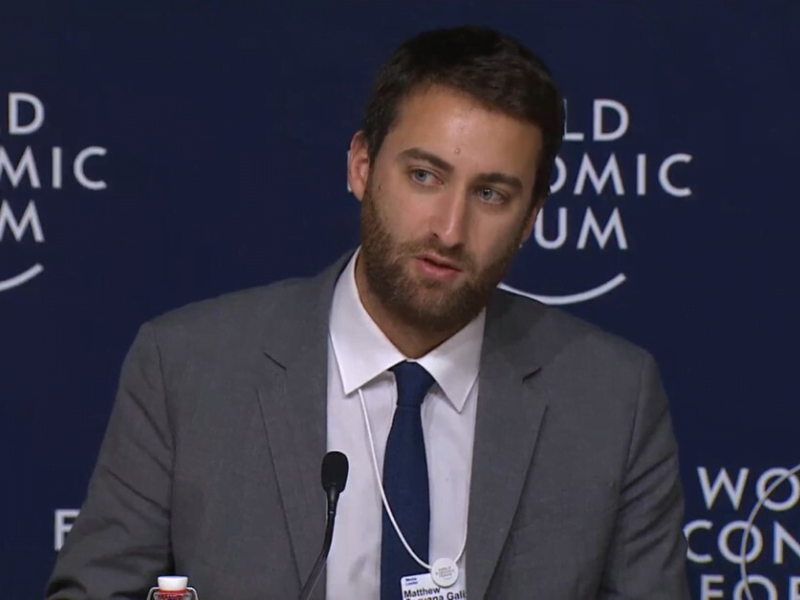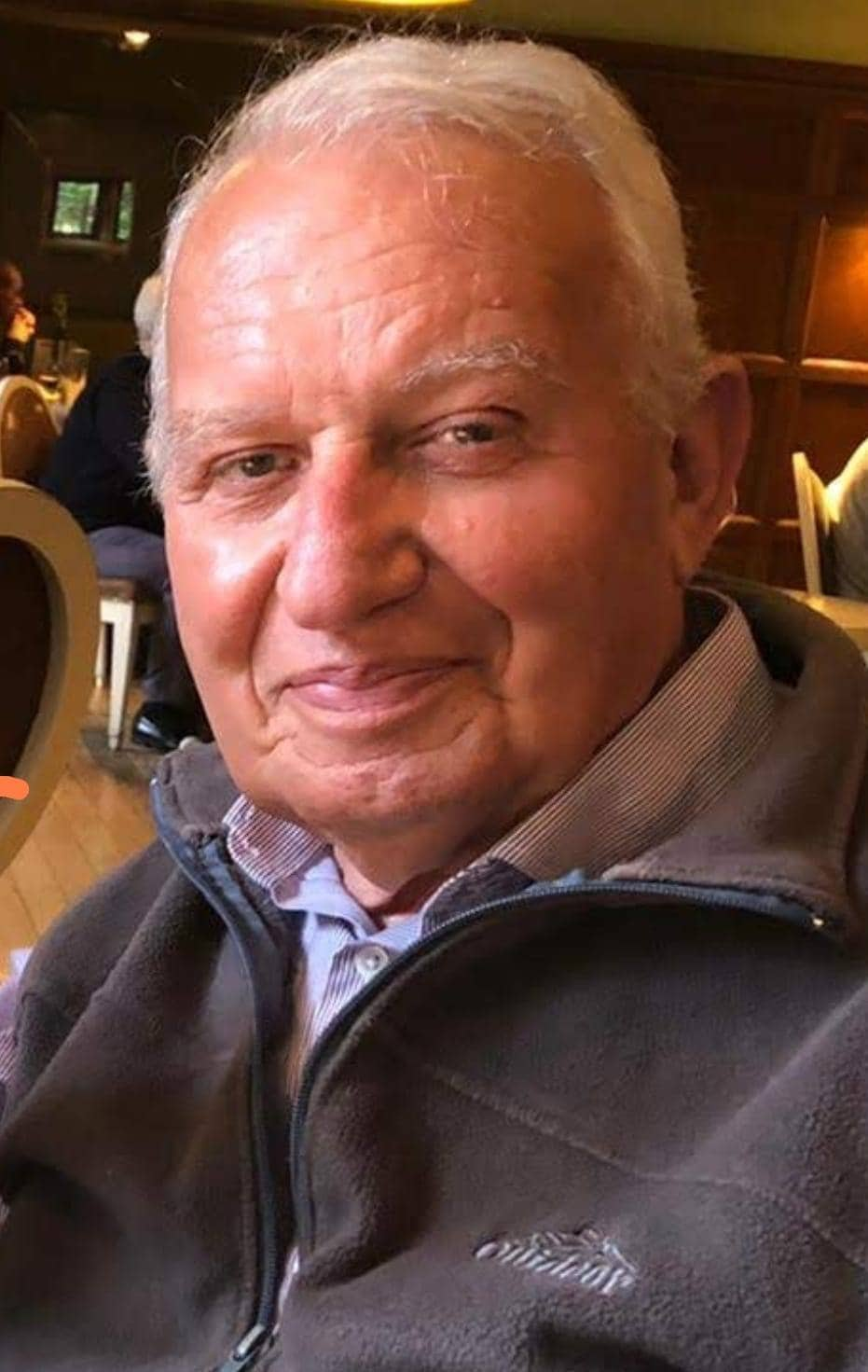Robert Abela’s government “doesn’t feel the kind of anger that it should be feeling” Matthew Caruana Galizia said during a panel debate on corruption and democracy at the World Economic Forum in Davos on Thursday.
Caruana Galizia was answering a question by a French journalist on the efforts by the Maltese government with regards to the murder of his mother, journalist Daphne Caruana Galizia, who was killed by a car bomb in Malta in October 2017.
He said the new government led by Prime Minister Robert Abela had started off on “very bad footing” because many of those who form part of his Cabinet had backed “very aggressive corruption” under Joseph Muscat’s leadership over the past four years.
“I don’t think his government feels the kind of anger that it should really be feeling… it seems to be more of a compromise than anything else, and not rooted in any sense of indignation at the corruption of the former government, but more of a case of offering some sort of compromise in exchange for things calming down in the long term,” he said.
He went on to say that, although Abela seems to be willing to make some concessions, they don’t seem to be genuine ones.
“That’s not really what we need now,” he added. “What we need is a group of people in government who are willing to go after corruption in a more aggressive way and one that feels an honest drive to fight it… if something radical isn’t done things will just be left to fester, and society won’t heal either because the wound will just remain open.”
Speaking about his mother’s assassination following a speech by Botswana’s anti-corruption President, Mokgweetsi Eric Keabetswe Masisi, Caruana Galizia said that the assassination happened because Malta’s government under Muscat “chose to go in the exact opposite direction of Botswana’s government and adopt corruption as a policy”.
“When a government chooses to do this, that automatically puts journalists who investigate corruption in great danger, and leads to murders,” he said.
Caruana Galizia stressed that Malta’s institutions need to be reformed. “We need Malta to implement the recommendations of the Council of Europe, but we need our authorities to start acting immediately. We need the government to show action is being taken, not against journalists but against people causing the crime and we need to change the culture.”
The Chair of anti-corruption organisation Transparency International, Delia Ferrerira Rubio, who also formed part of the panel, spoke about the Corruption Perception Index published on the same day. She highlighted the correlations that repeatedly emerge “year after year, between corrupt countries and weakened political institutions and the undermining of democracy”.
Another factor she mentioned was having “good rules but bad enforcement”. She explained that 43 was the average global score this year. In the global corruption index ranks scores where 0 is very corrupt and 100 is not corrupt.
“There has been no great improvement globally. Corruption is a global problem,” she said.
Both Caruana Galizia and Ferrerira Rubio emphasised the need to further tackle transborder and multinational money laundering and crime.
Ferrerira Rubio also highlighted the significance of “gatekeepers”, listing bankers, accountants, lawyers and insurancej companies who should be “participating actively in the fight against corruption”.













